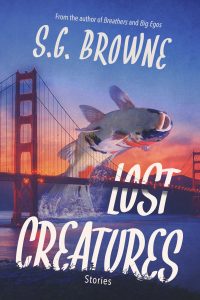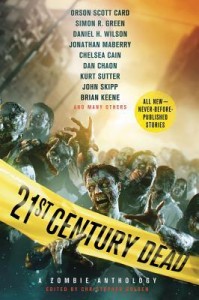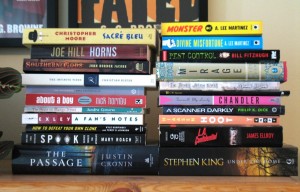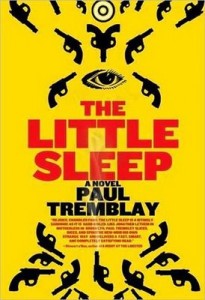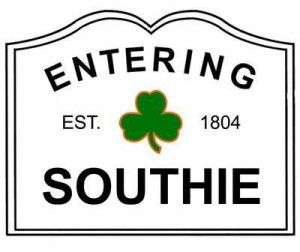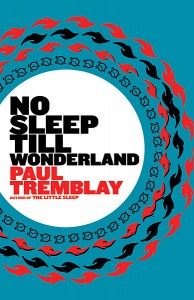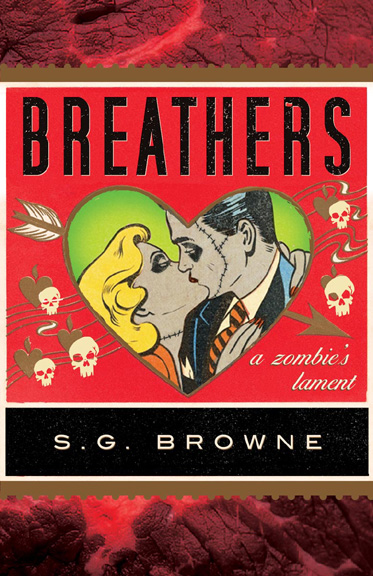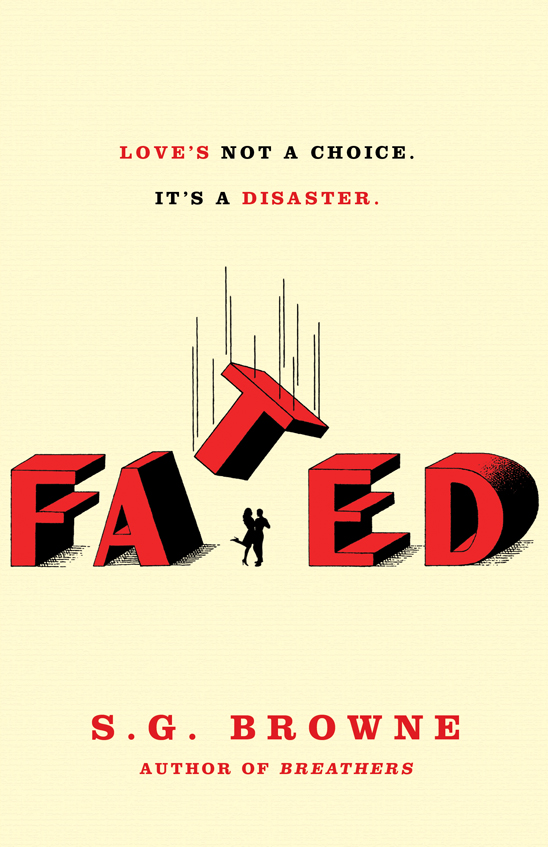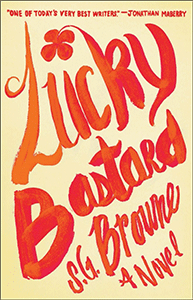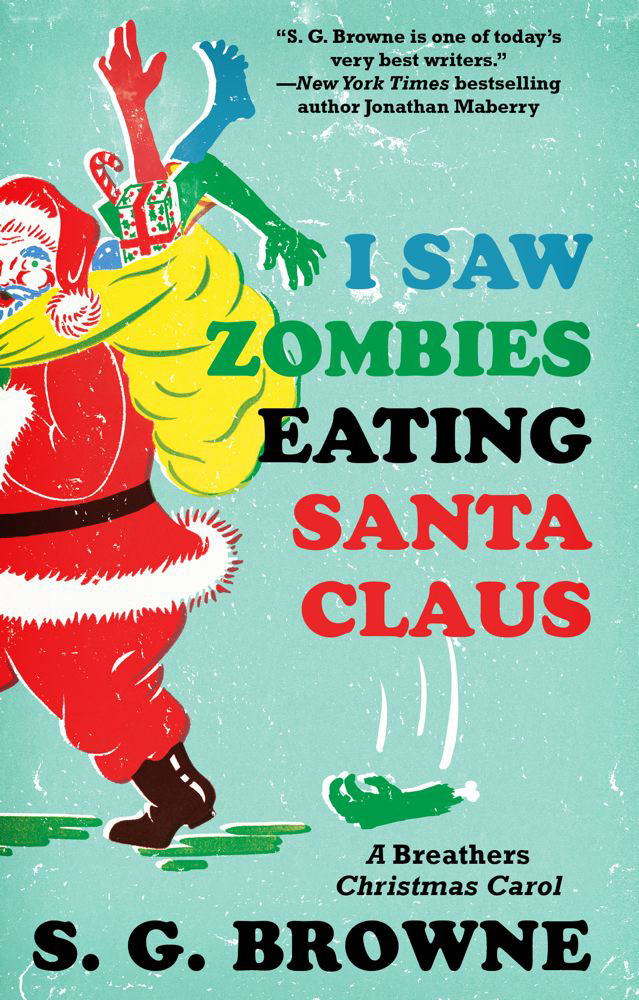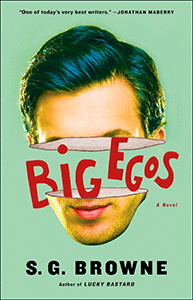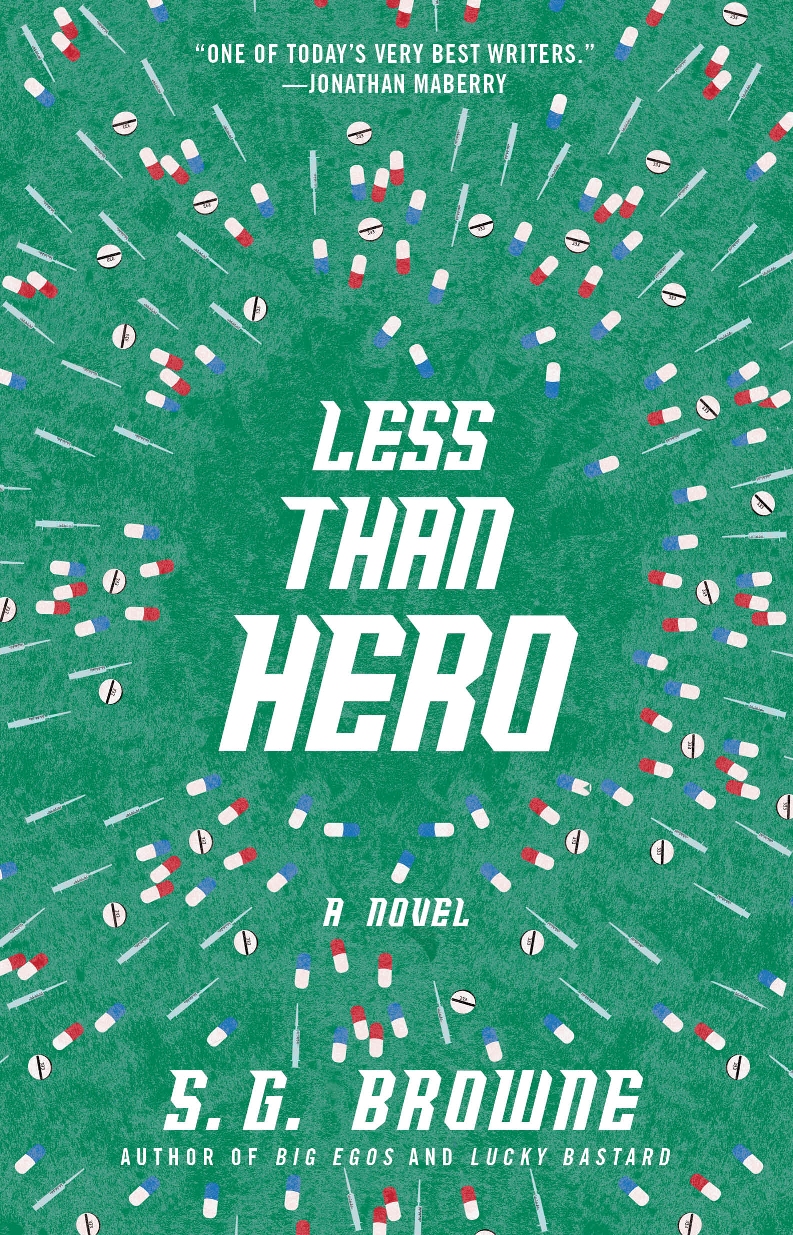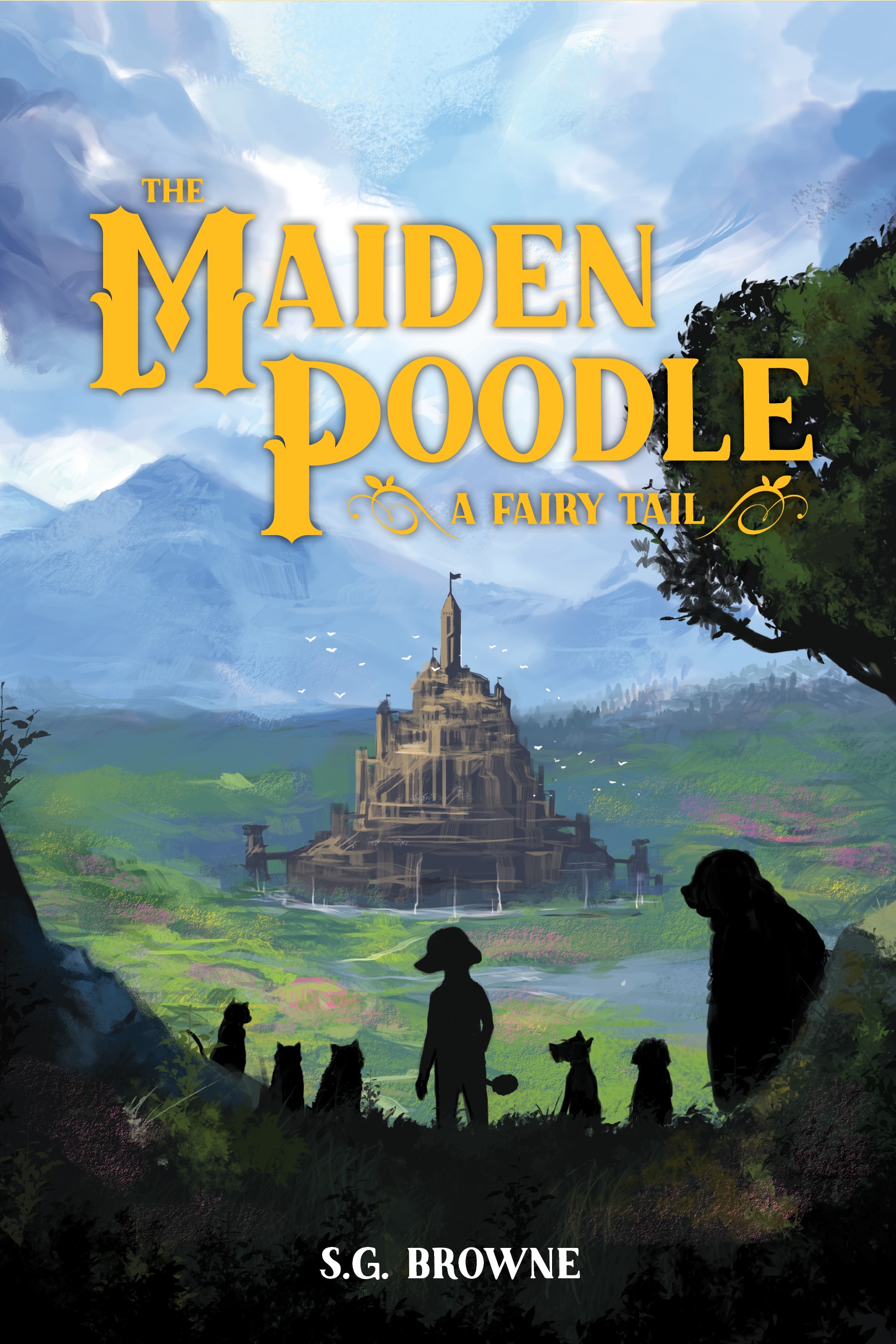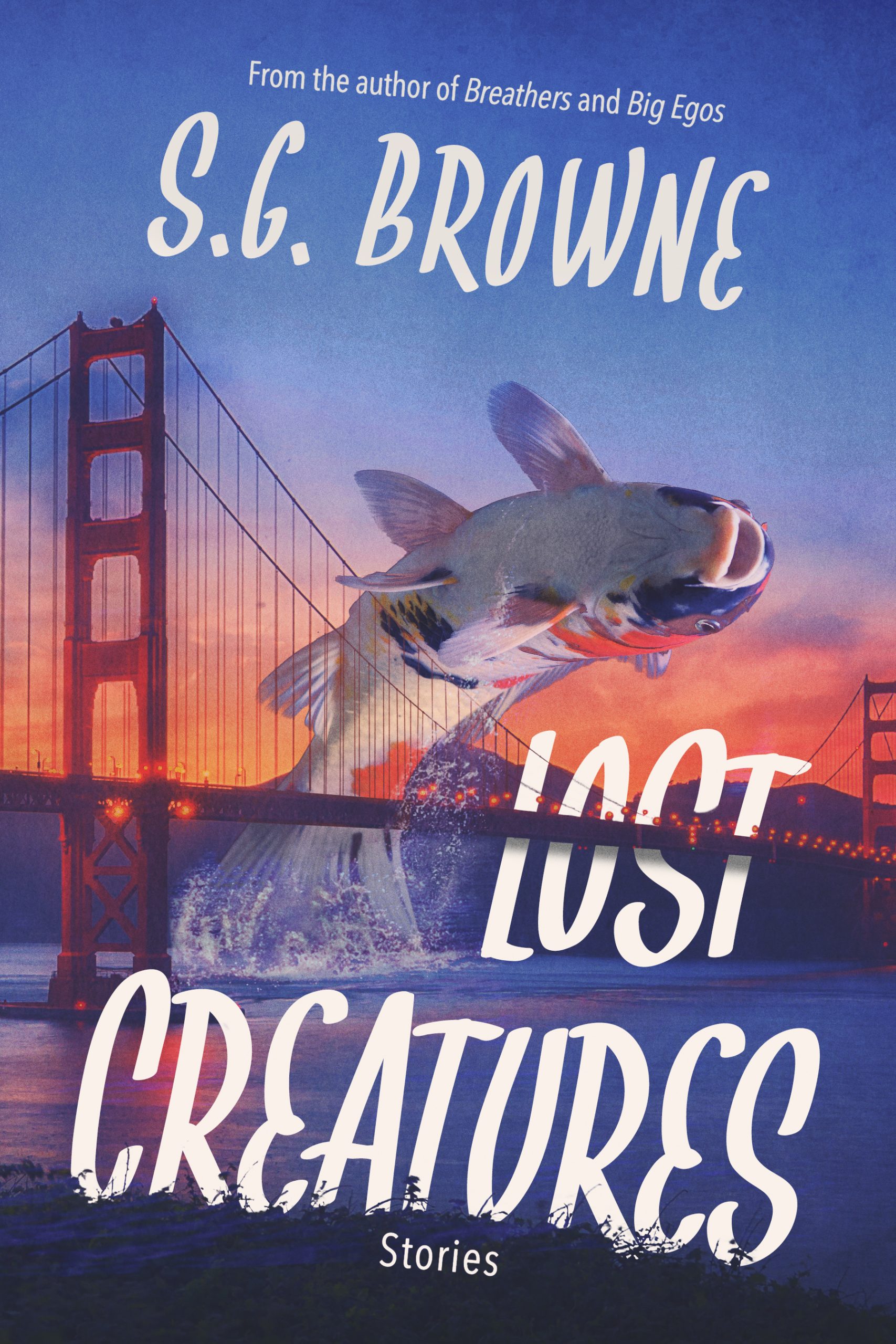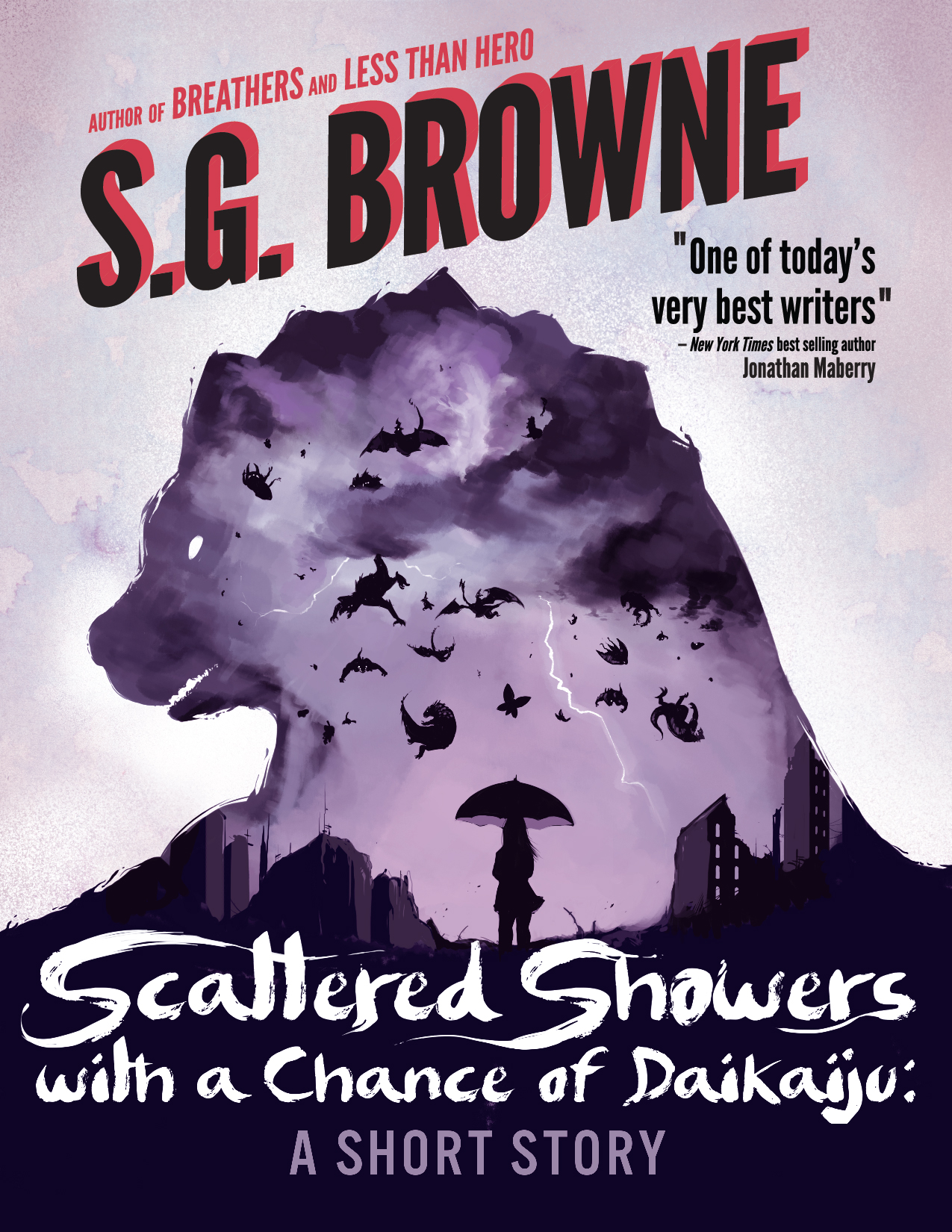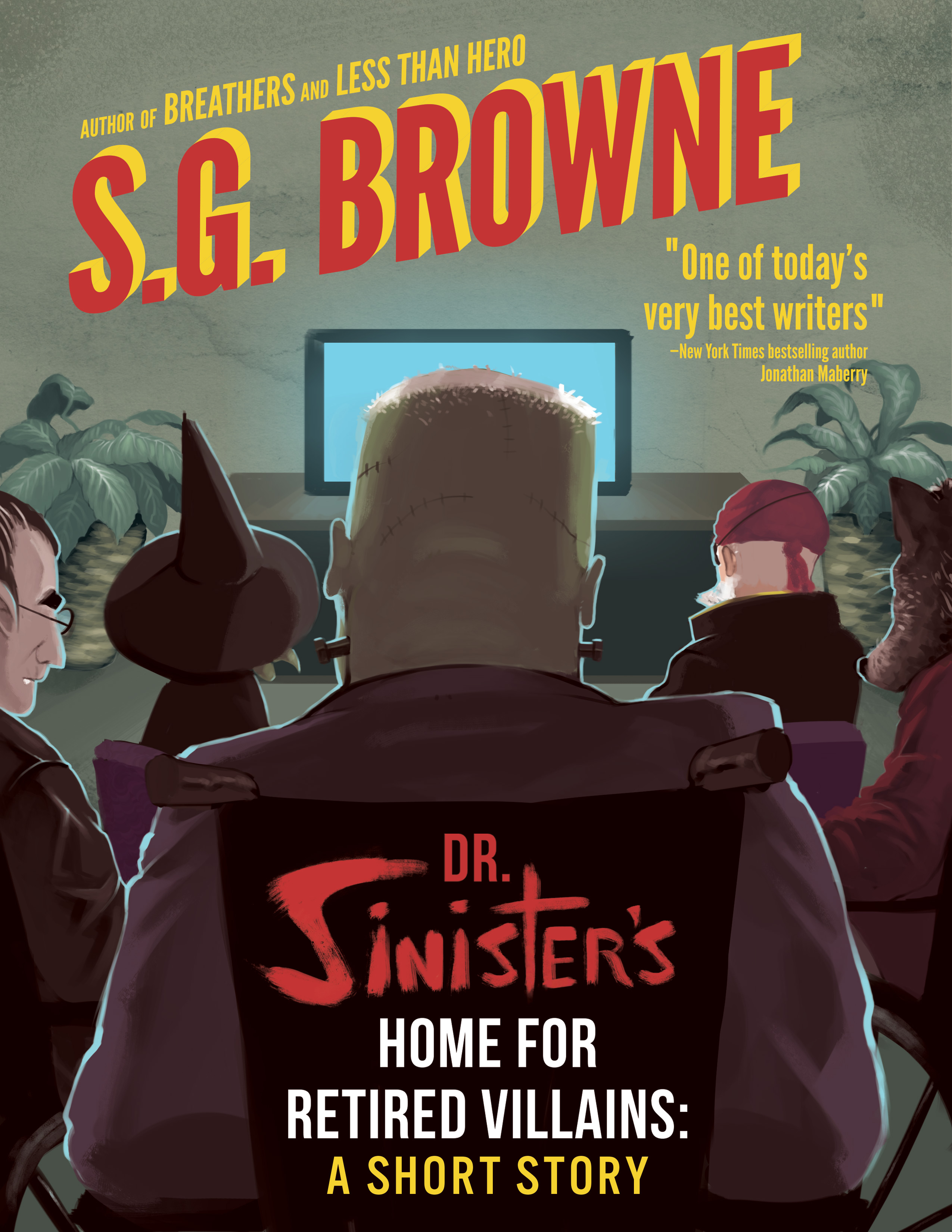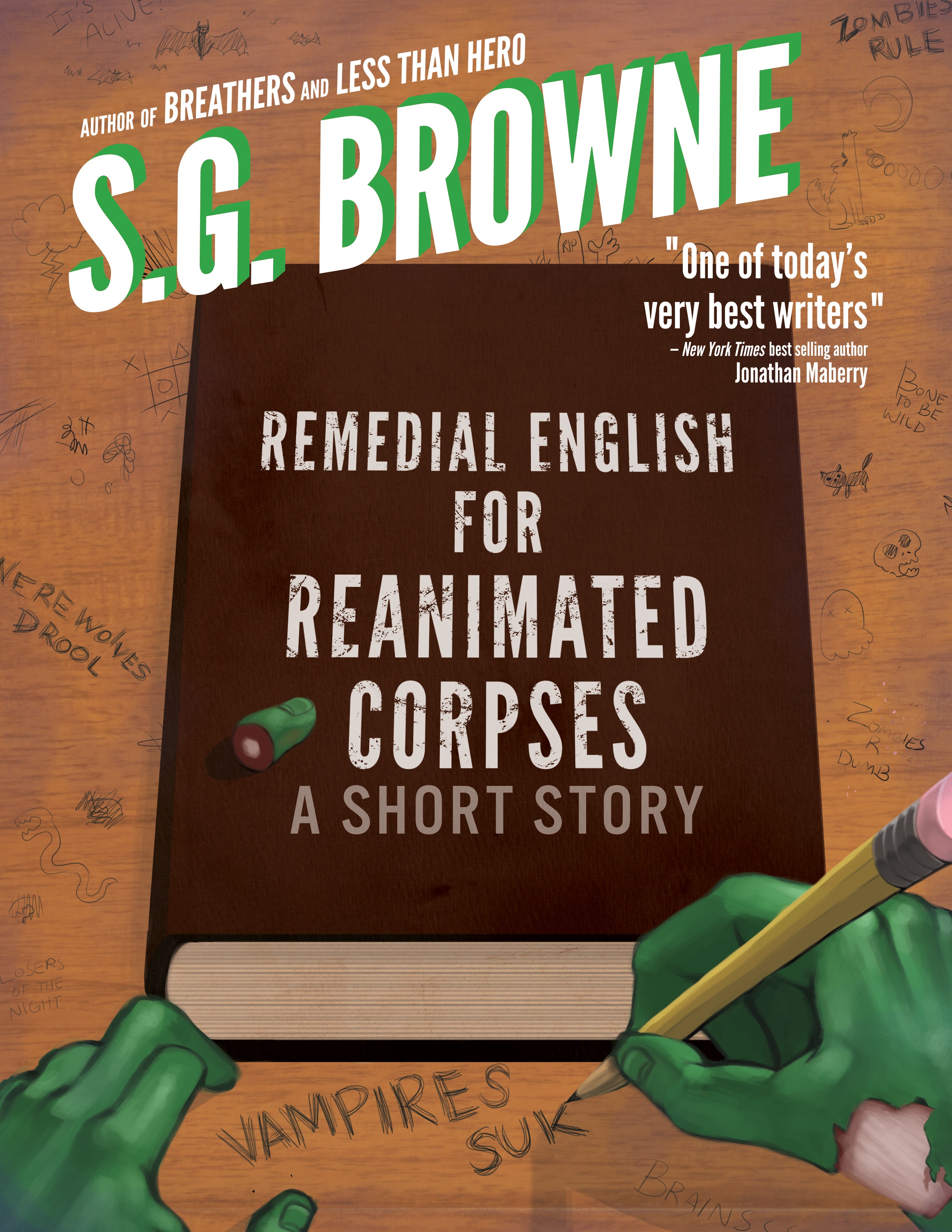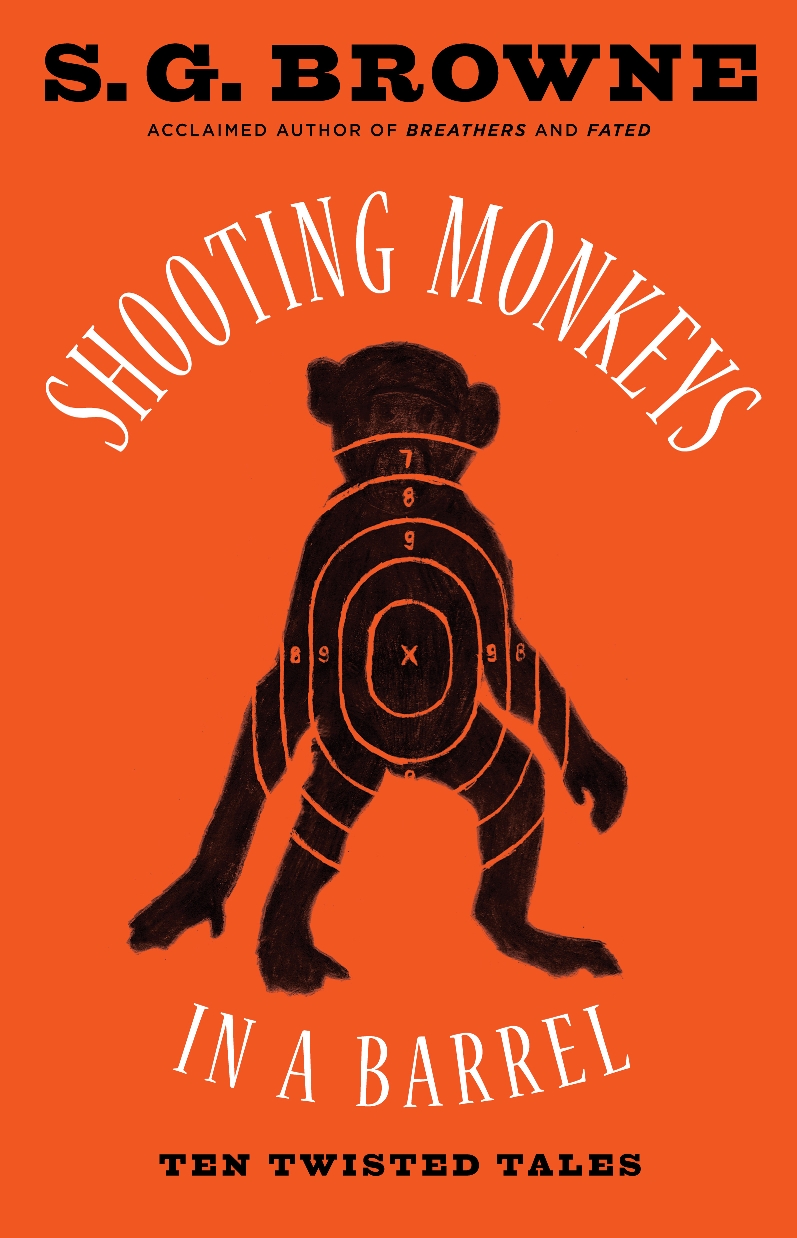The Next Big Thing: BIG EGOS
Welcome to The Next Big Thing, a meme or so-called blog-hop, where authors answer questions about their latest or upcoming work and then tag up to five more authors to do the same thing a week later. It’s kind of like a chain letter, only you don’t die if you forget to send it on.
So last week, Christopher Golden tagged me in desperation because he’d forgotten all about his Next Big Thing blog post that was due. Naturally, I’m a sucker for a desperate author. Plus, Chris had included my short story “Reality Bites” in his latest and greatest zombie anthology 21st Century Dead, so I didn’t want to leave him hanging.
Anyway, here are the questions along with my answers. Afterwards, you’ll get to hear what Chris had to say about the other lovely authors tagged along with me, followed by the authors I suckered into this.
The Next Big Thing: BIG EGOS
Where did the idea come from for the book?
Back in 1997 I wrote a short story about a designer drug that allowed you to become a dead celebrity or fictional character. I have no idea where the idea for the short story came from.
What genre does your book fall under?
Dark comedy and social satire. It’s not technically a genre. It’s really just commercial fiction. My novels don’t really fall into any single genre.
Which actors would play your characters in a movie version?
I think Ryan Gosling could probably nail the role of my unnamed narrator. Others actors who would be a good fit for characters in BIG EGOS include Aaron Paul, Emily Blunt, and Jennifer Lawrence.
What is the one-sentence synopsis of your book?
An unnamed, unreliable narrator discovers that Big Egos, the latest thing in role-playing, is affecting his concept of reality, causing him to question his own identity and the role he is meant to play.
Will your book be self-published or represented by an agency?
BIG EGOS will be published by Gallery Books, an imprint of Simon & Schuster, and is represented by Michelle Brower of Folio Literary Management.
How long did it take you to write the first draft ?
I started writing BIG EGOS in November 2009 but stopped to write Lucky Bastard. I picked it back up in January 2011 and finished a rough first draft four months later. But certain things weren’t working the way I wanted them to, so it took me more than a year to get it right.
What other books would you compare this story to?
The story was originally told completely out of order and bounced around the memories of an unreliable narrator, so while I wouldn’t compare it to them, I always imagined it as a mutant child of Slaughterhouse-Five and American Psycho.
Who or what inspired you to write this book?
The original inspiration came from the short story I wrote in 1997, but I wanted to expand on that and explore the idea of what happens to your identity when you’re constantly pretending to be someone you’re not.
What else about your book might pique the reader’s interest?
You can read the short story the novel is based upon, “My Ego is Bigger Than Yours,” in my collection Shooting Monkeys in a Barrel. Oh, and BIG EGOS is scheduled for publication August 2013.
*********************
There you go. Or, as Porky Pig would say, that’s all folks. As I mentioned, the incomparable Christopher Golden tagged me, along with the following three fantastic writers whom you should have on your radar. Here’s what Chris had to say about them:
Cherie Priest is the author of the hugely successful Clockwork Century novels, including Boneshaker and the latest, The Inexplicables. She’s also written creepy-as-all-get-out Southern Gothic supernatural tales and urban fantasy, has dynamite fashion sense, and different hair every time I see her.
Caitlin Kittredge is the author of the ass-kicking urban fantasy Black London novels and the YA series The Iron Codex, which has the best titles. I mean, book two is The Nightmare Garden, that’s pretty damn cool. She once told me that she’s not ready for the zombie apocalypse but she is prepared for the kitten apocalypse. Make of that what you will.
Yes, Amber Benson is the author of the Death’s Daughter series of urban fantasy novels, among other things, and yes, she’s an actress-writer-director who has been elevated to the status of cult icon in recent years. She’s also my little sister, gave me the best nickname ever, and commandeers my daughter’s “princess bed” at every opportunity.
*********************
And in keeping with the spirit of The Next Big Thing meme, behold the authors I suckered into doing this, who are all terrific in their own right. Check out their posts next Tuesday, December 18th.
Mario Acevedo is the author of Werewolf Smackdown, Jailbait Zombie, and The Undead Kama Sutra, among others. He is a man of much funny. Read him, but only if you want to laugh.
Steve Hockensmith wrote the New York Times bestselling Dawn of the Dreadfuls and Dreadfully Ever After (the prequel and sequel to Pride and Prejudice and Zombies), as well as the mystery/western series, Holmes on the Range. He is also a man of much funny.
Scott Kenemore followed up his humorous Zen of Zombie humor/satire series with the novels Zombie, Ohio and Zombie, Illinois. Hey, what happened to Indiana? Scott is also a man. Also funny.
John Hornor Jacobs is the author of the novels Southern Gods and This Dark Earth. While not likely to hit your funny bone, they should be on your TBR list. I’m not joking. (NOTE: John has already posted his entry on his blog.)
